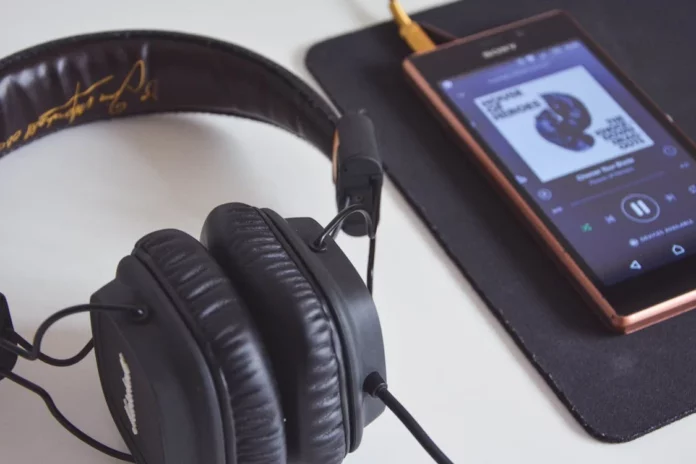According to a study published in PLOS ONE, by Adiel Mallik and Frank Russo, Ryerson University, Canada. in some patients, anxiety can be reduced by treatments integrating auditory beat stimulation and music.
There has been an increase in anxiety over the past few decades, especially in young adults and adolescents. However, recent studies have shown that music can help in reducing anxiety more effectively compared to some anti-anxiety medications. But more quantitative data is required to get definitive proof about whether listening to music helps relieve anxiety.
Auditory Beat Stimulation and Music Trials
The researchers randomized 163 patients prescribed anti-anxiety medications. They all participated in at-home sessions of treatment, which involved music, auditory beat stimulation, or both. Moreover, they also used pink noise, which is like white noise, in addition to LUCID’s artificial intelligence was used for the music selection. It created music depending on the patient’s emotional state and musical preferences. A combination of tones is played in auditory beat stimulation, which triggers changes in the activities of the brain. The patients were further asked to install a customized application on their phones for the treatment. They were asked to close their eyes and listen to music for twenty-four-minute sessions.
A great reaction was seen in somatic anxiety among patients suffering from moderate anxiety. Moreover, physical symptoms of anxiety were seen in people who listened to just music and those who listened to both music and ABS, in contrast to those who listened to pink noise.
A decrease in cognitive anxiety, anxiety-related thoughts and feelings was also seen in patients with moderate trait anxiety in patients who listened to both music and Auditory Beat Stimulation. Furthermore, the music itself reduced anxiety in people with high anxiety traits, in comparison with people who listened to just ABS.
Conclusion
The conclusion of the authors is that treatment based on sound is effective in reducing anxiety. Moreover, it is an easily available or distributable method for treating anxiety among multiple populations.
Dr Russo and Dr Malik said,
With the pandemic and remote work, there has been a remarkable uptick in the use of digital health tools to support mental health. The results of this clinical trial indicate great promise for the use of digital health tools, such as LUCID’s digital music therapy, in the management of anxiety and other mental health conditions.
They further added,
The findings from this research are exciting as they indicate that personalized music shows great promise in effectively reducing anxiety in specific segments of the population that suffer from anxiety. Hopefully, with additional research, we can help build a solid evidence base which further supports the use of personalized music as an additional tool in the clinician’s toolbox that can be used to help reduce anxiety in the patient population.




